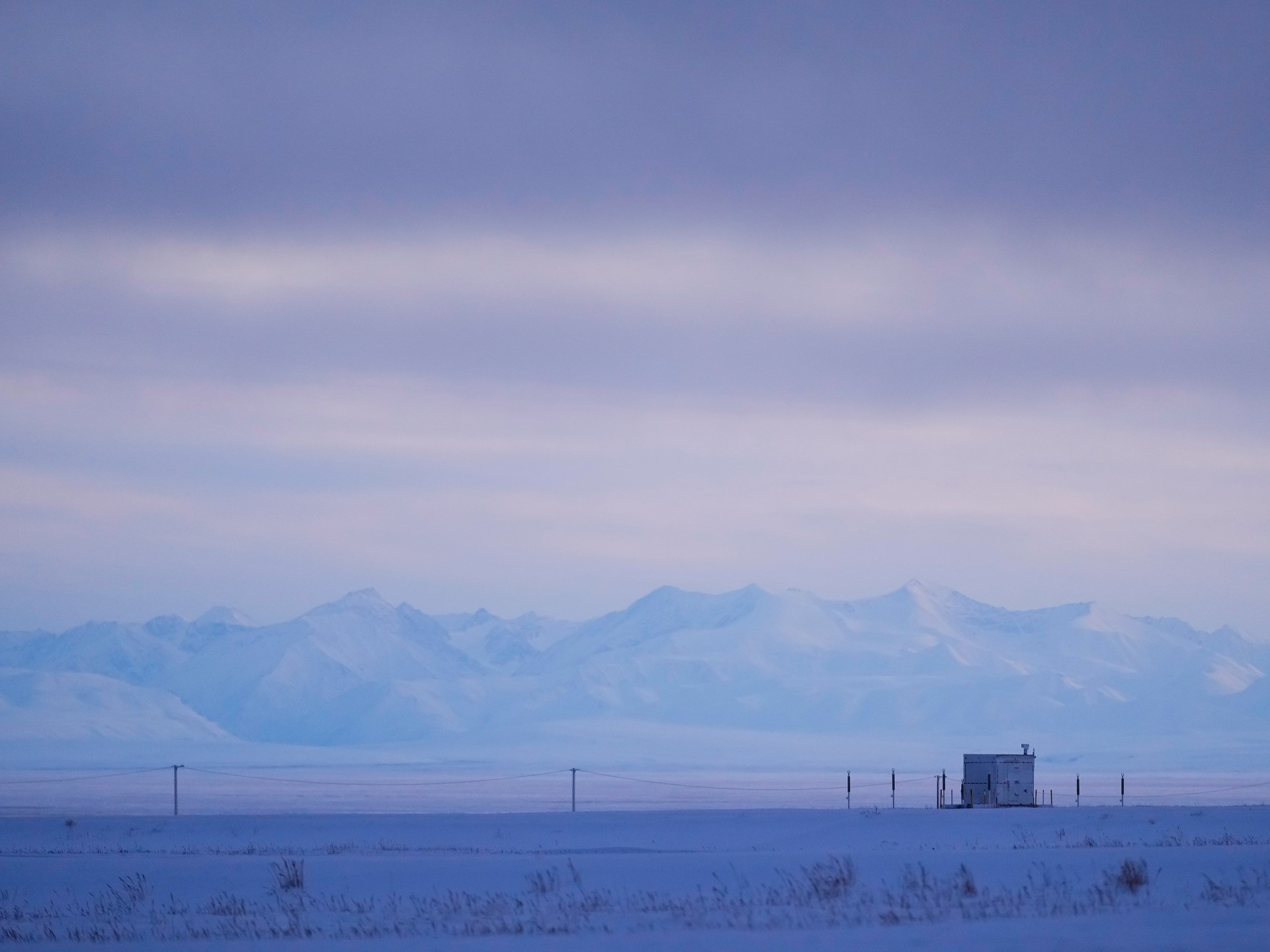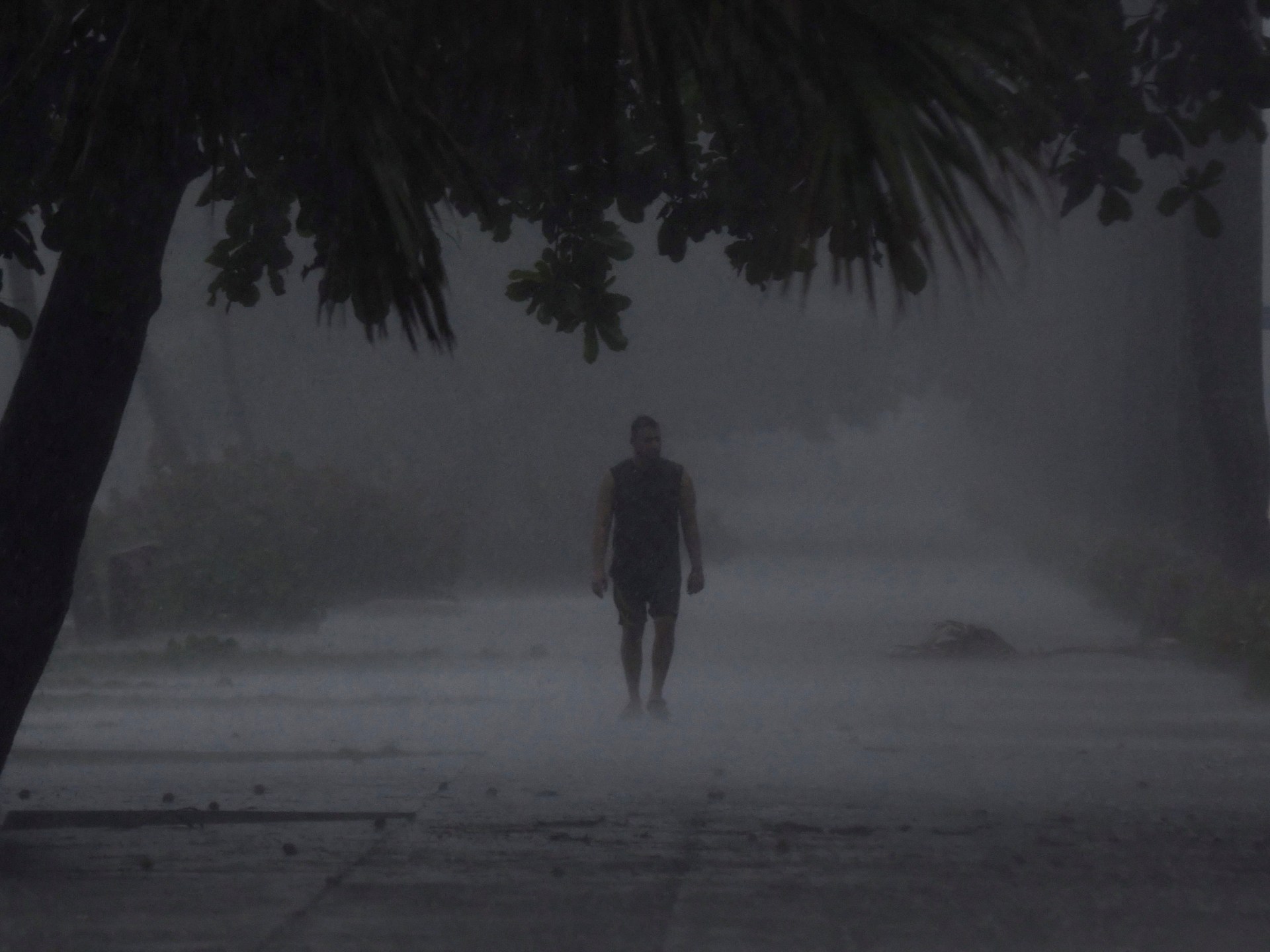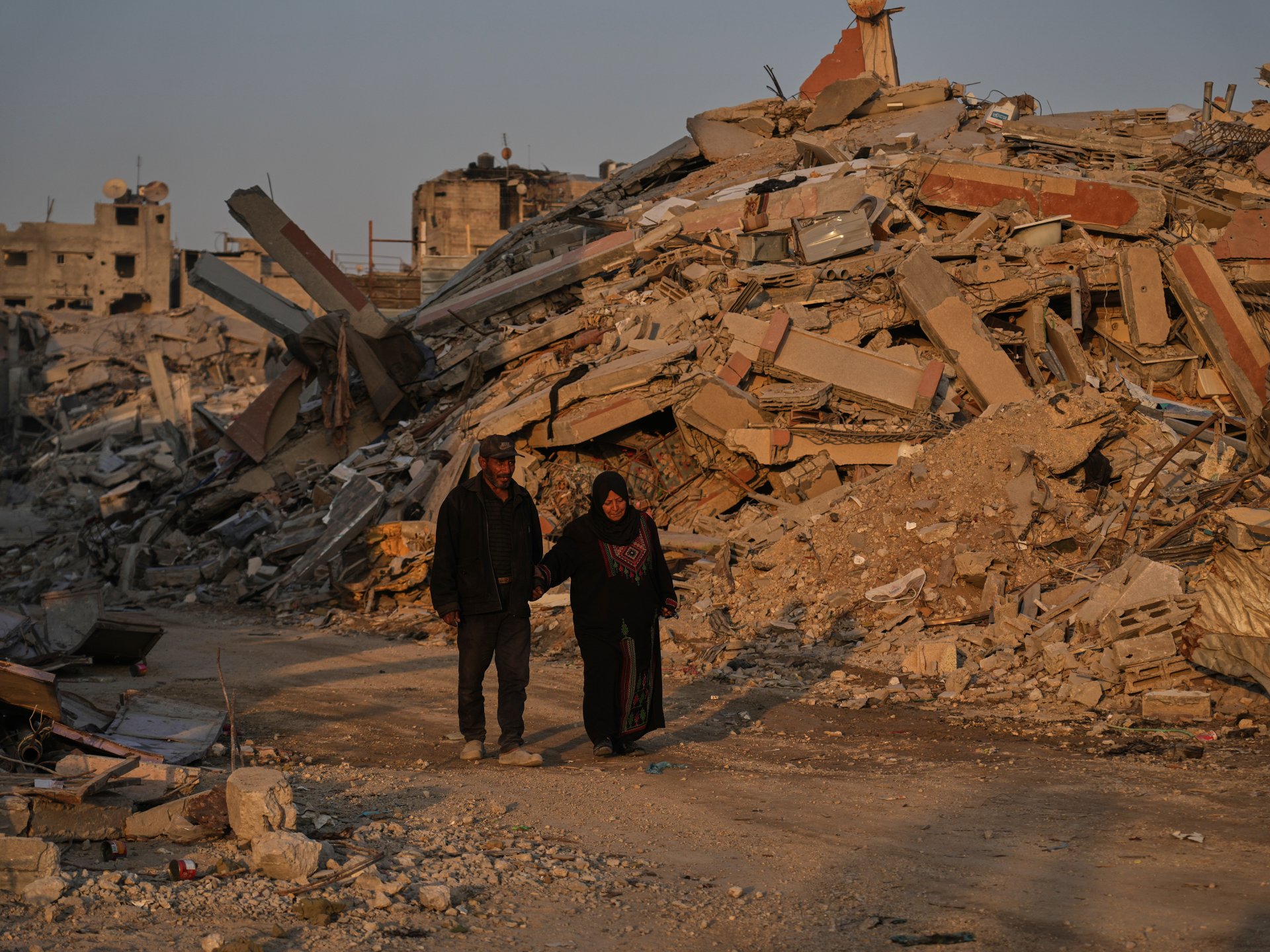The Trump administration has finalised plans to allow oil and gas drilling in a national wildlife refuge spanning pristine Indigenous land in Alaska, reigniting long-simmering tensions about conserving one of the United States’s environmental jewels.
The US Department of the Interior announced at an event on Thursday that it plans to open up the coastal plain of Alaska’s Arctic National Wildlife Refuge, which sits on traditional Inupiaq and Gwich’in Indigenous land, to resource exploration.
Recommended Stories
list of 3 itemsend of list
In a news release, it said the move, which paves the way for lease sales within the refuge’s 1.5 million-acre (631, 309-hectare) coastal plain, was part of a “sweeping package of actions to boost energy development, modernise land and resource management across Alaska”.
President Donald Trump and congressional Republicans previously pledged to reopen this portion of the refuge to possible development.
Announcing the move, Secretary of the Interior Doug Burgum said, “from day one, President Trump directed us to unlock Alaska’s energy and resource potential while honouring commitments to the state and local communities”.
A Republican bill featuring major tax breaks and spending cuts, passed during the summer, called for at least four lease sales within the Alaska refuge over a 10-year period.
“By reopening the Coastal Plain and advancing key infrastructure, we are strengthening energy independence, creating jobs and supporting Alaska’s communities while driving economic growth across the state”, Burgum said.
The Arctic National Wildlife Refuge coastal plain – which sits near the tip of the Alaska Peninsula, and contains internationally recognised habitat for migrating waterfowl – is considered sacred land to Indigenous Gwich’in communities, who oppose the drilling.
Conservationists have also condemned the move. Meda DeWitt, Alaska senior manager with The Wilderness Society, said it places “corporate interests above the lives, cultures and spiritual responsibilities of the people whose survival depends on … the health of the Arctic Refuge”.
Supportive of the drilling, however, are the Inupiaq Indigenous community in the town of Kaktovik, which sits within the refuge. They consider responsible oil development to be key to their region’s economic wellbeing and development.
The Kaktovik Inupiat Corp, the native village corporation founded in 1973 that owns the land in and around Kaktovik, praised this week’s announcement from the Trump administration.
“It is encouraging to see decision makers in Washington advancing policies that respect our voice and support Kaktovik’s long term success”, its president, Charles “CC” Lampe, said in a statement.
In Thursday’s announcement, Burgum also said a land exchange deal had been completed aimed at building a road connecting the communities of King Cove and Cold Bay that would run through Izembek National Wildlife Refuge.
While King Cove residents have long called for a road to be opened, conservationists and tribal leaders have promised to launch a legal challenge.
Republican Senator Lisa Murkowski told reporters she had been fighting for land access for King Cove throughout her tenure, but said it was in everyone’s interest to ensure the road is built with minimal disturbance to local wildlife.





